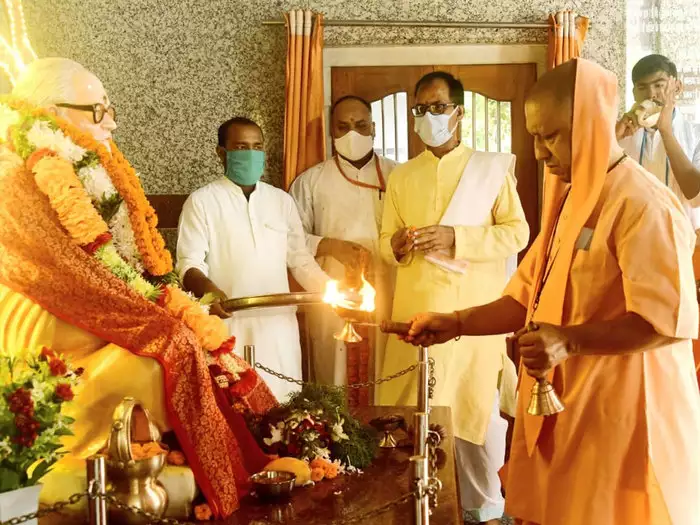
Mobilenews24x7 Bureau
That was one of the most irritating jitters for the Union Government when the Supreme Court gave the judgment empowering the Delhi government control over bureaucracy (except land, law and order and police) in the National Capital Territory (NCT) of Delhi.
.
The centre’s challenge to the Constitutional bench verdict comes on the heels of its new ordinance giving authority to the Lieutenant Governor of Delhi regarding matters of “transfer, posting, vigilance, and other incidental matters” related to all Group A officers and officers of DANICS serving in Delhi.
This, despite the top court clearly stating in its verdict that “democratically elected government shall have control over its officers.”
Then after it was like a Waterloo situation the Union government was in thus, the latter has appealed to the SC.
So, what changes? According to the new ordinance.
Another body:
A new body will be created called the “National Capital Civil Service Authority”
This consist of the chief minister, the chief secretary, and the principal secretary (home) of Delhi.
This body will have to “make recommendations” to the LG.
Then the ordinance.
Article 123 of the Constitution deals with the power of the president to promulgate an ordinance
An ordinance is passed when the Parliament is not in session
“If at any time, except when both Houses of Parliament are in session, the President is satisfied that circumstances exist which render it necessary for him to take immediate action, he may promulgate such Ordinance as the circumstances appear to him to require,” Article 123 says.
While an Ordinance has the same force and effect as an Act passed by the Parliament, it has to be placed before both houses and approved within six weeks of reassembly of the parliament
If an Ordinance (under Article 123) makes any provision which Parliament would not under this Constitution be competent to enact, it shall be void






